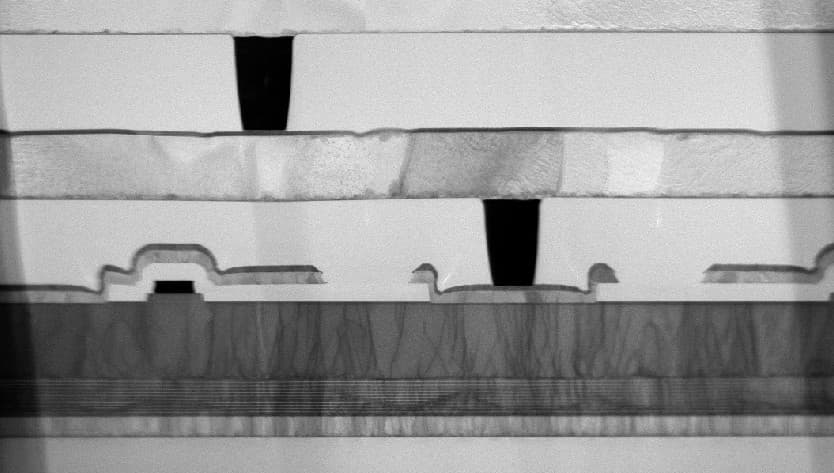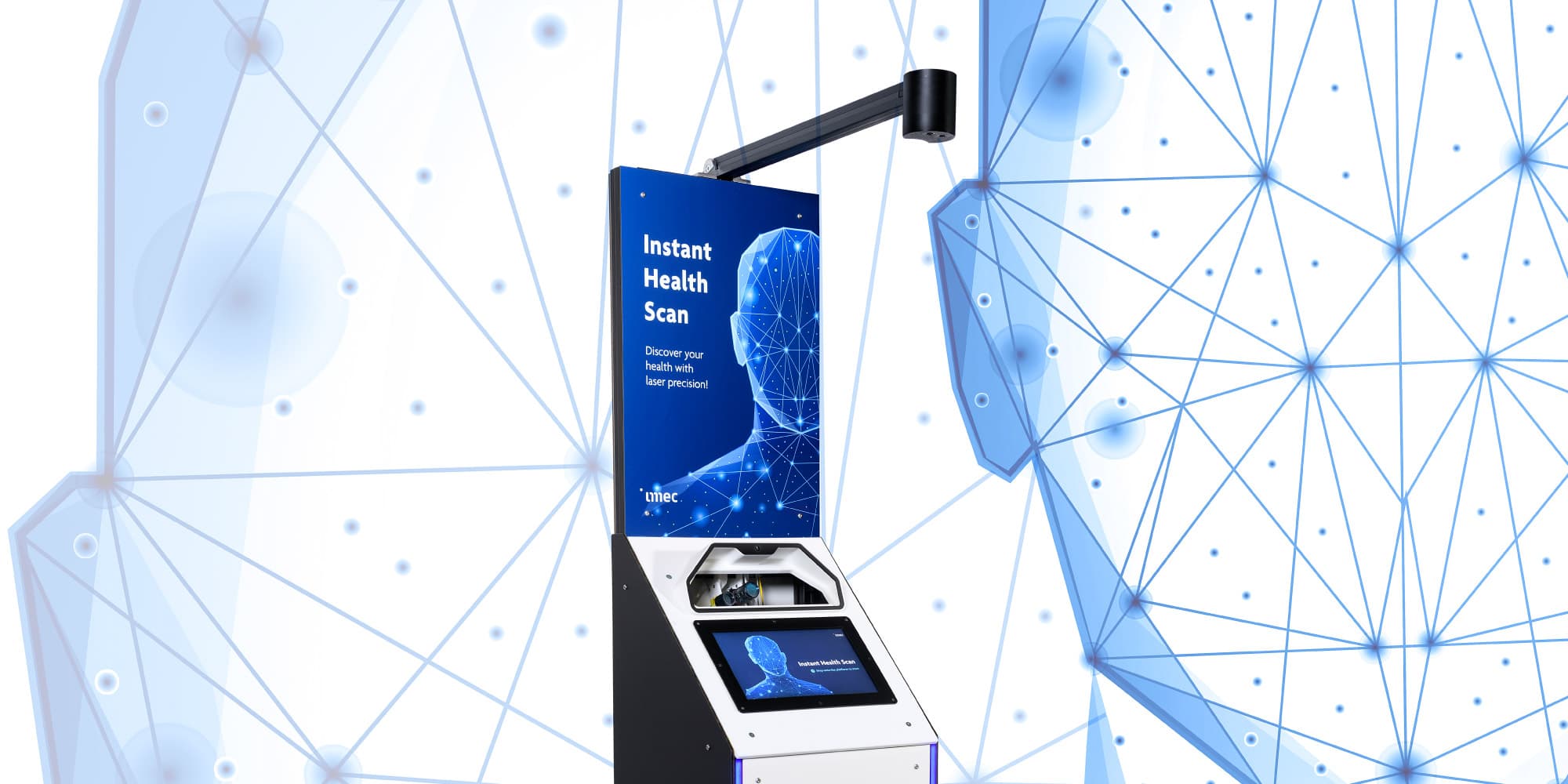RHETORIC
RHETORIC will provide tools for news editors and consumers to detect and counter polarisation on social media and support a civil discourse through semi-automatic moderation of textual and visual comments.
Commenting on news topics is an important form of public engagement that can increase civic engagement with public issues. Readers use news comments to shape their ideas of what other people think about current topics. For media outlets, audience participation can provide opportunities for feedback and input for journalistic purposes.
However, disrespectful and offensive language has come to dominate online comment sections, leading to a pessimistic view of news comments among audiences and the media alike. Consequently, many news websites are closing comment sections, ultimately diverting the polarized and toxic online debate to social media where such engagement is algorithmically encouraged.
There is a need for a space where readers can safely share their opinions on news, and for solutions to improve the quality of user comments. As reactive interventions do not seem to have the desired effect, it is hoped that design-based proactive interventions could offer a better chance of success.
The RHETORiC project aimed to design and evaluate elements of an interface between commenters, journalists and moderators that could reduce the influence of cognitive bias and aid discussion and thus improve the tone, level and social connectedness of online debate. The overall goal was to promote civil participation in online debates by allowing journalists to better empathize with the audience, encouraging people to post high-quality comments and featuring audience feedback to specific news stories.
The outcomes
To overcome the drawbacks of traditional news comment sections and human content moderation, we gathered new knowledge on how to promote civil participation in digital journalism. Based on this insight, we developed and evaluated an interface that includes design interventions to increase the added value of audience participation for both readers and editors supported by semi-automatic moderation of textual and visual comments.
1. Audience conversation and moderation tools
The project developed an audience conversation tool to support people in formulating their opinions and arguments and help them learn how to contribute constructively to online discussions. The tool guides commenters through the commenting process based on conversational prompts, stance taking, live feedback and clustering of similar comments.
In addition, a new moderation dashboard for news publishers and journalists aggregates insights and provides semi-automatic moderation of comments delivered through the audience conversation tool. The dashboard allows journalists to see relevant opinion clusters, comment toxicity and argument levels for a given news topic. Journalists can also use the dashboard to moderate comments based on an automatic pre-moderation step.
2. AI-based text and image analysis algorithms
To enable the above commenter guidance and semi-automated moderation in real time, the project developed novel text and image analysis algorithms based on artificial intelligence (AI). Existing tools for analyzing sentiment and detecting profanity in text were augmented with new tools to identify stance, level of disagreement and the type and target of any toxicity. Furthermore, we investigated and tested the ability to detect toxic memes through image analysis.
3. Real-world evaluation of the interface
These elements were evaluated in a first large-scale test on the website of Belgian newspaper Het Nieuwsblad. The results were promising, with the quality of comments written using the RHETORiC tool significantly higher than those on social media for the same topic. Across all topics, comments in the RHETORiC tool were significantly better argued, more skillfully written, less toxic and more positively worded than comments submitted via Het Nieuwsblad’s Facebook page. Furthermore, more than 8 out of 10 respondents reported (very) positive feelings after using the RHETORiC tool. Over 90% found participating in a debate using the RHETORiC tools worthwhile, including a part of the “silent majority” that does not typically comment on social media.
RHETORIC
Reducing Hate with Editorial Tools for Online Reactions and Comments.
RHETORIC is an imec.icon research project funded by imec and Agentschap Innoveren & Ondernemen.
It started on 01.10.2019 and is set to run until 30.09.2021.
Project information
Industry
- Textgain
- Tree
- VRT
- Mediahuis
- Wieni
Research
- imec – IDLab Data Science Lab – UGent
- imec - mintlab - KU Leuven
Contact
- Project lead: Luk Overmeire
- Research lead: Peter Lambert
- Proposal Manager: David Geerts
- Innovation manager: Eric Van der Hulst













